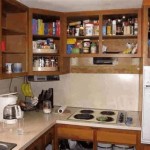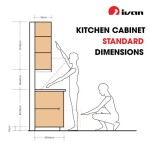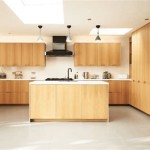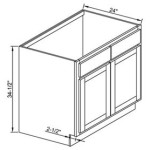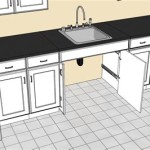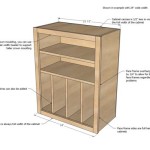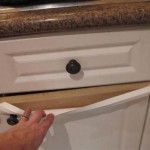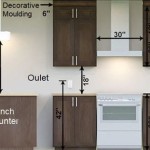Essential Aspects of Painting Kitchen Cabinets with Chalk Paint for Best Results
Achieving professional-looking results when painting kitchen cabinets with chalk paint requires attention to several essential aspects, including preparation, paint application, and finishing techniques. By understanding and implementing these key elements, homeowners and DIY enthusiasts can transform their kitchen cabinetry with a durable and aesthetically pleasing finish.
This article explores the fundamental principles of painting kitchen cabinets with chalk paint, considering the critical aspects that contribute to exceptional outcomes. From surface preparation and paint selection to application methods and finishing touches, this comprehensive guide will empower readers to achieve the best results when painting their kitchen cabinets with chalk paint.
1. Surface Preparation
Thorough surface preparation is paramount for ensuring a smooth, long-lasting paint finish. Begin by removing all cabinet doors and hardware. Clean the cabinets meticulously with a degreaser to eliminate any dirt, grease, or grime that could interfere with paint adhesion. Sand the cabinet surfaces lightly with fine-grit sandpaper (e.g., 120-grit) to create a roughened surface that provides better paint hold.
2. Paint Selection
Chalk paint is renowned for its ease of use, durability, and matte finish. Choose a high-quality chalk paint that is specifically designed for cabinetry. Consider the color scheme of your kitchen and select a paint color that complements your décor and personal style. For a more durable finish, opt for a chalk paint that contains a built-in primer, eliminating the need for a separate priming step.
3. Application Techniques
Apply thin, even coats of chalk paint using a high-quality brush. Use long, fluid strokes and avoid overbrushing, as this can lead to brush marks. Allow each coat to dry completely before applying the next. For best results, apply two to three coats of chalk paint, depending on the desired opacity and coverage. Lightly sand between coats with fine-grit sandpaper to eliminate any imperfections.
4. Finishing Touches
Once the final coat of paint has dried, protect the finish with a clear sealant. This will enhance the durability of the paint and provide resistance against moisture, scratches, and wear. Use a high-quality polyurethane or wax-based sealant that is compatible with chalk paint. Apply the sealant evenly using a brush or foam pad, following the manufacturer's instructions carefully.
Conclusion
Painting kitchen cabinets with chalk paint is a rewarding project that can transform the look of your kitchen with minimal effort and expense. By following the essential aspects outlined in this article, you can achieve professional-looking results that will last for years to come. Whether you're a seasoned DIYer or tackling your first cabinetry painting project, embracing these principles will guide you towards the best possible outcome.

Chalk Painted Kitchen Cabinets 2 Years Later Our Storied Home

Painting Kitchen Cabinets With Chalk Paint Simply Today Life

How To Paint A Kitchen With Chalk Maison De Pax

Chalk Painted Kitchen Cabinets 2 Years Later Our Storied Home

Why I Repainted My Chalk Painted Cabinets Sincerely Sara D Home Decor Diy Projects

Step By Kitchen Cabinet Painting With Annie Sloan Chalk Paint Jeanne Oliver

How 500 And Some Chalk Paint Totally Transformed This Kitchen

My Chalk Painted Cabinets 4 Years Later How Did They Do Artsy Rule

Why I Repainted My Chalk Painted Cabinets Sincerely Sara D Home Decor Diy Projects

Painting Kitchen Cabinets With Chalk Paint The Kelly Homestead
Related Posts

